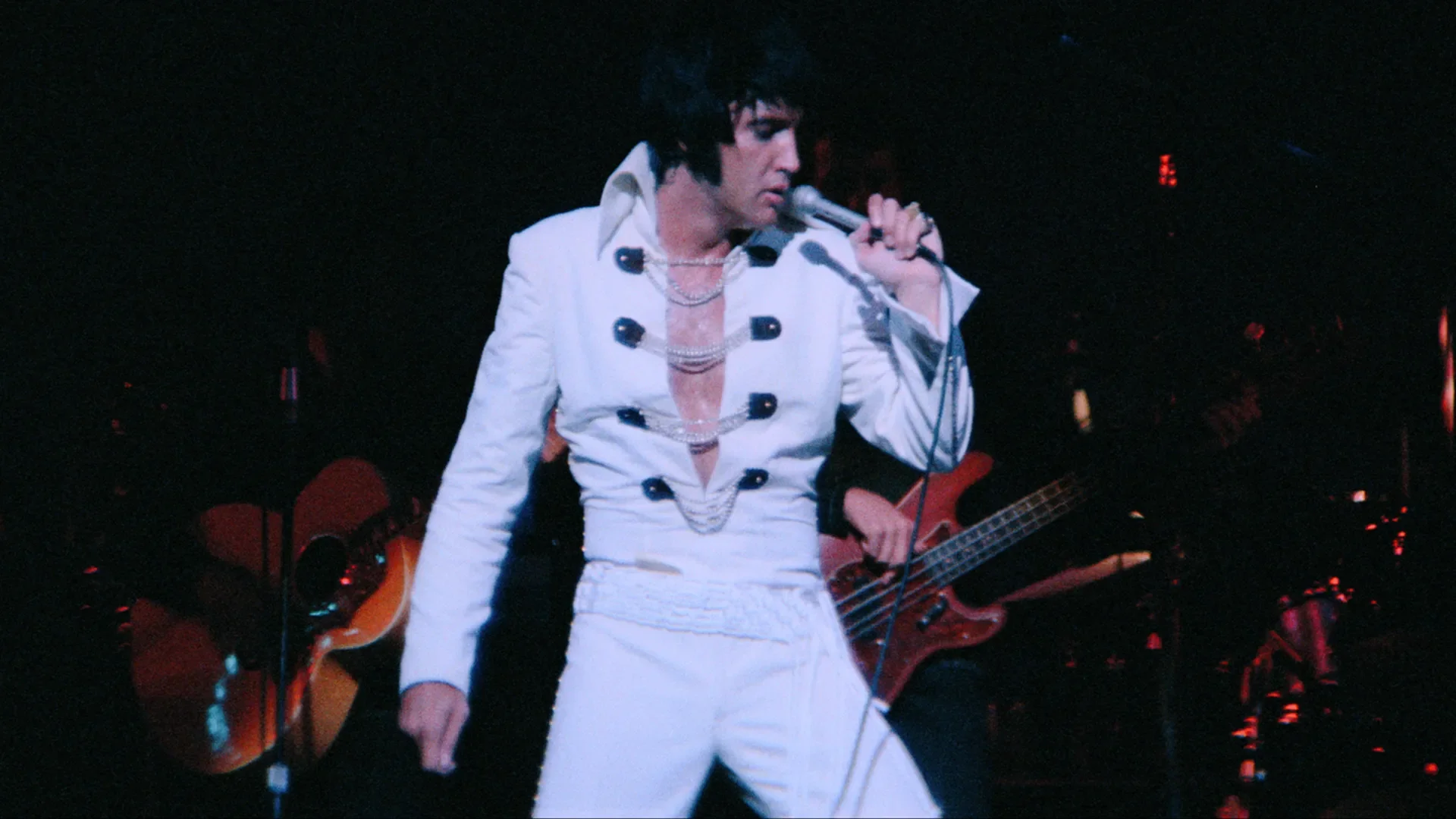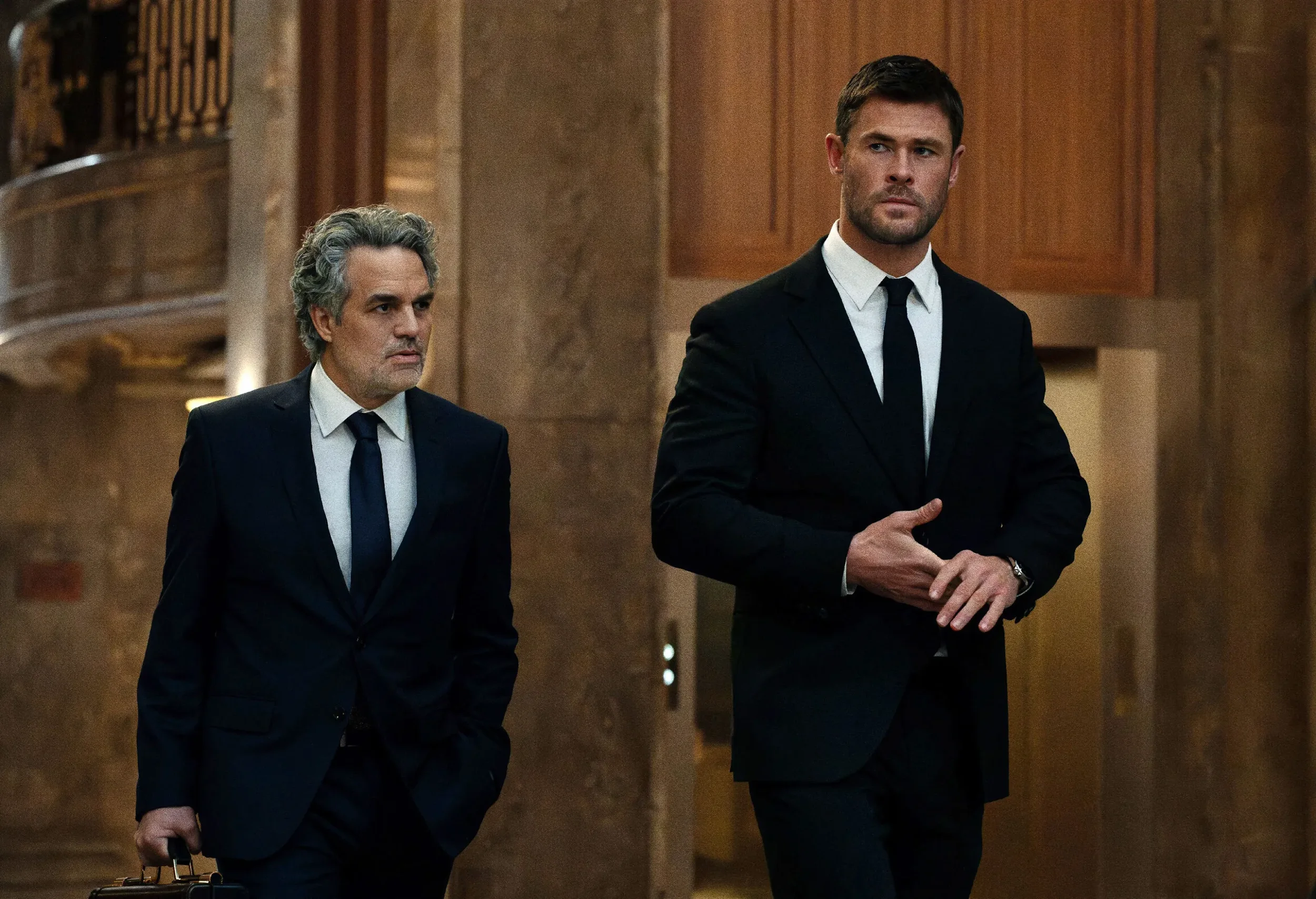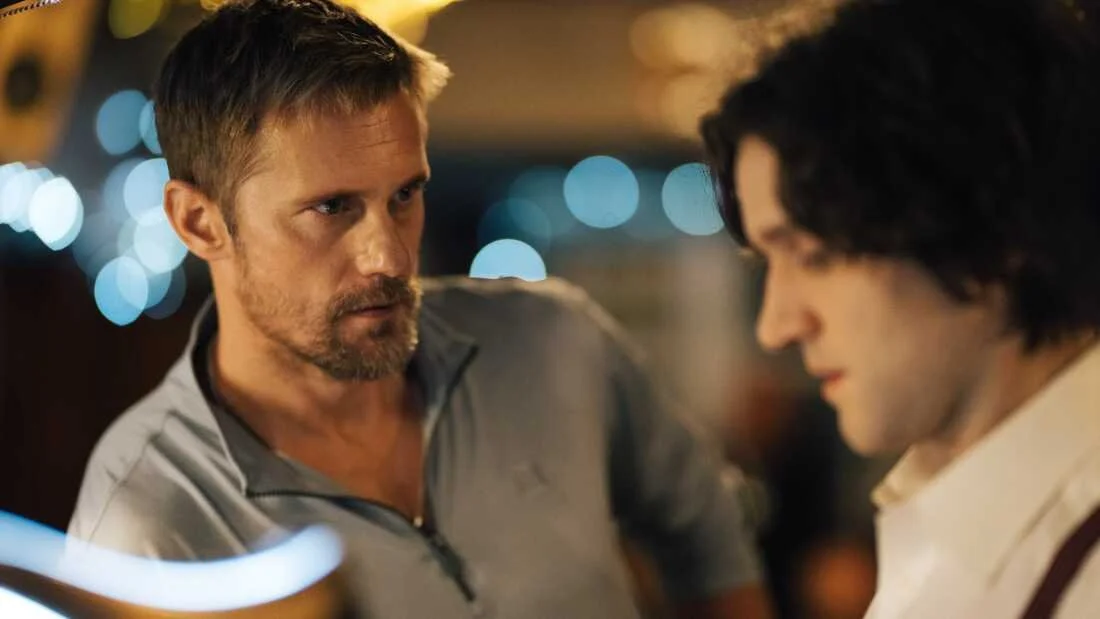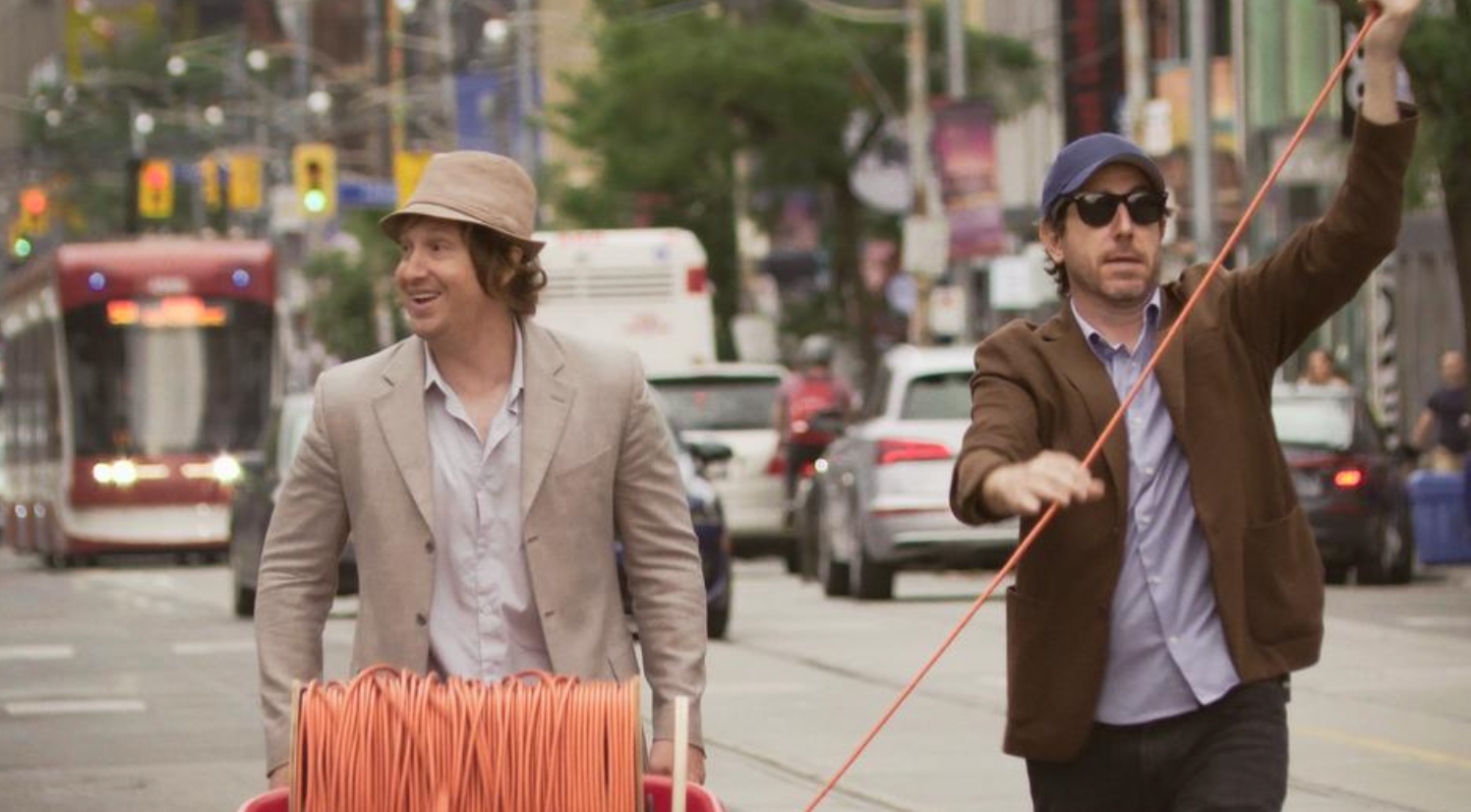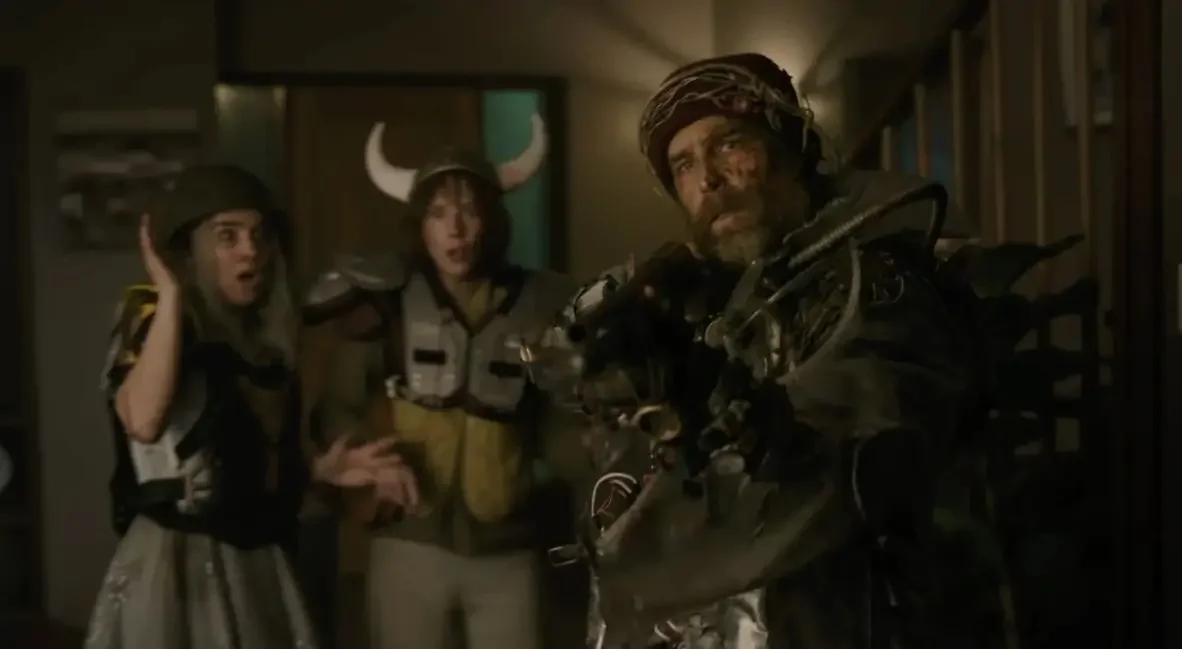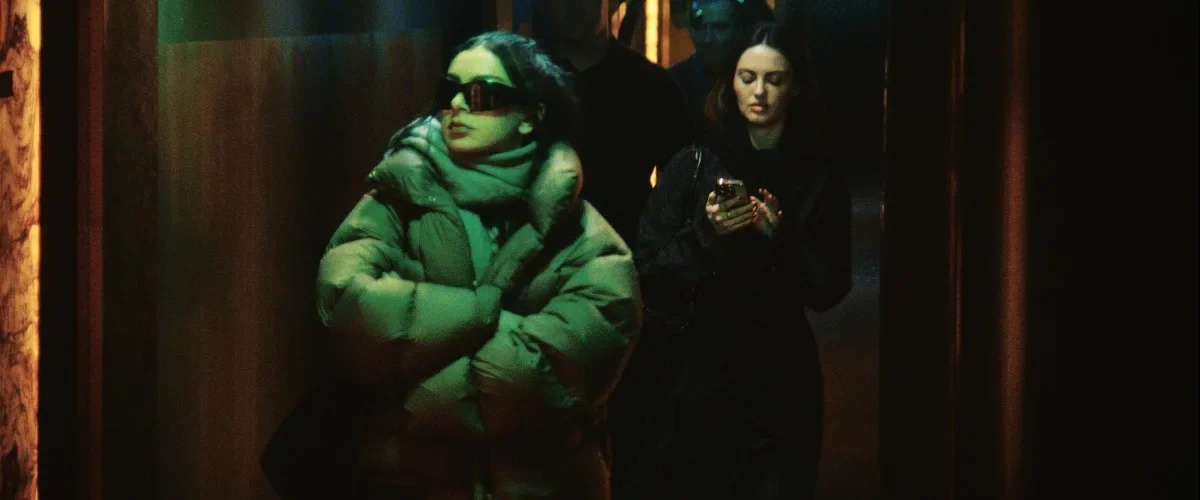EPiC: ELVIS PRESLEY IN CONCERT
Directing: A-
Cinematography: B+
Editing: A
Music: A-
From the vantage point of 2025, Elvis Presley is a fascinating cultural artifact, the kind of superstar we just don’t get anymore, and a once-in-a-generation talent whose cultural footprint lasted decades, not just past his prime, but past his literal life. Really the only comps to come after him were The Beatles, who broke out the decade after Elvis did; and Michael Jackson, whose stratospheric fame occurred two decades after that. And even Michael Jackson’s peak was a solid forty years ago.
Who really talks about any of these figures anymore, unless they are senior citizens? Oh sure, you could still say plenty—depending on who you’re talking to or what circles you travel in. The fact remains that with stars like Elvis, who continued to make a cultural mark for generations, just don’t have the impact they did even twenty years ago. Elvis, for his part, died in 1977 at the age of 42, at the end of eight years of his fabled residency in Las Vegas. Fans were convinced he was still alive for years afterward; this is something even I remember from my childhood in the eighties. The band Living Colour even released a song called “Elvis Is Dead” in 1990.
Time really puts things into a new perspective—such as Evlis’s so-called “older” era, which would cover his ages of 34 to 42, a pretty comical idea if you’re many years older than that now. And this era is the focus of EPiC: Elvis Presley in Concert, the new documentary concert film consisting of mostly previously unreleased footage, directed by Baz Luhrmann. It’s worth noting that this us Luhrmann’s first feature film since the overstuffed and underwhelming Elvis in 2022; indeed it is Luhrmann’s best film since Moulin Rouge! in 2001.
There’s something about Luhrmann’s style, though, his very specific flair, that fits perfectly with a concert film. The dizzying editing of his narrative films is significantly dialed back, but it’s still a bit more amped than you typically see in other documentaries, even concert films. He really gets out of the way of Evlis Presley himself, whose undeniable chemistry and stage presence simply speaks for itself—whether it’s mid-performance or during the large amount of wonderful behind-the-scenes rehearsal footage we get to see.
I’m not sure I could give EPiC a better compliment than to say it cast Elvis Presley in a whole new light for me. This was a superstar who was far before my time, whose crazy fame is mostly associated with the fifties, and who had been dead for years before I even knew who he was. I always thought his music was fine, but I was pretty indifferent to it, preferring instead to listen to contemporary pop music. Years, decades have since passed, and only when new movies come out (Elvis; Priscilla) does it even occur to me to consider him again. And here we get a concert film that seems to shed more light on the man, and is far more mesmerizing a visual achievement than any narrative film about him could ever hope to.
A great deal of restoration work went into putting the clips in this film together, and combined with the 2022 Elvis film this reveals a man with a true obsession. It’s probably relevant to note that Baz Luhrmann himself is 63 years old; born past Elvis’s breakthrough but plenty old enough to remember a living Elvis with endlessly adoring fans. Now he presents this concert film, editing together a select few concert performances from Elvis’s early Vegas residency years, and I truly see the appeal for the first time: Oh. I get it now.
The magnetism of Evlis Presley cannot be overstated. If “rizz” were a thing in the seventies, Elvis Presley would have been the King of Rizz. The man had charisma to spare, which was expertly fused with talent and a kind of raw sexuality (his insistence that he was “not selling sex” notwithstanding). I have a new appreciation for those ridiculous costumes he wore, the only thing you ever see Elvis impersonators wearing. I would watch a documentary on whoever designed all those jumpsuits.
There’s a moment during one of the concerts in the film, which made me wonder if he did this during every performance, when Elvis gets off the stage and walks through the crowd, basically inviting the audience to swarm him. He literally kisses countless women as he passes by them—on the lips. Did Elvis get cold sores, I wonder? Mono? Did he pass on any infections this way? Try and imagine any singer doing this today.
Luhrmann edits in a ton of archival footage, photographs, and especially interview audio that jumps back and forth with the live performance footage, all of it restored and remastered masterfully, and all of it with his typical cinematic flamboyance. The performance is by far the reason to see EPiC, however, easily the closest any of us today will get to seeing him live in concert. His backup band, a rather large one, integrates with him seamlessly, and he seems to have an easy rapport with them—just as he does with the audience. And now that I look at the man as someone several years older than he was, I finally see how genuinely sexy he was. Most of those jumpsuits are unbuttoned to well below his chest, and I have no complaints.
Editing is often what makes a movie, and that is especially the case here. Elvis comes across as both earnest and humble, generous with his talent and there to give his audience a good time. For all I know the man was an asshole, but you’d certainly never suspect it based on this movie. Luhrmann makes zero effort to illustrate what Elvis was like, or what his Las Vegas performances were like, by the mid-seventies. This is an era of Elvis’s life specific to the beginning of that residency, after countless phases of his career had already passed and yet filled with hope and possibility. What better way to honor a long passed yet dearly departed icon?
You’ll only truly feel like you’re at the show if you see this in a theater.
Overall: A-

